Bitcoin is a geographic chameleon. And, as such, this “magic internet money” that lives on a decentralized, permissionless system is changing the world right in front of us.
One of Bitcoin’s many superpowers is that it takes on different aliases in various cultural environments. For many comparatively-wealthy North Americans, views on Bitcoin range from an annoying Thanksgiving dinner conversation topic to a technological breakthrough that may sever the state’s monopoly on money. At the same time, any American who is underrepresented and underserved by the legacy financial system is more likely to find that Bitcoin is a means of transferring value without having to have a bank account.
For someone living in Zimbabwe, where the inflation rate is over 100% year over year, Bitcoin is a lifeline against fiat currency devaluation. Salvadoran citizens use bitcoin as a currency, Vietnamese citizens see bitcoin as a robust store of value. The list of Bitcoin’s various offerings goes on and on.
But no matter where you find yourself in the world, Bitcoin should represent freedom. Ironically, for people in the developing world, there are far more important stressors consuming their minds than those of the philosophical musings of Bitcoiners living in the developed world. For example, Togolese citizens just want a means to independently transact and save in a currency that, while volatile, isn’t inflating away at an alarming pace.
Farida Nabourema is a Togolese activist who has bravely fought for democracy in her country. She unashamedly speaks out against one of the world’s most-brutal and one of the continent’s longest-reigning autocracies. When Nabourema was just 13 years old, she began her activism by learning from her father, who had followed in his own parents’ courageous footsteps. She has founded and led national movements, written over 400 articles calling out the oppression and dictatorship in Togo, appeared on TED and countless podcasts and much more.
Nabourema would tell you that when she first heard about Bitcoin, she was skeptical. But, like many of us, the more she learned about Bitcoin, the more she realized how perfectly it fit with her advocacy for democracy, specifically as it relates to financial freedom and literacy for women and youth.
Below is some brief insight into Nabourema’s thoughts about Bitcoin and why it’s important to close its cultural gender gap.
How did you first learn about Bitcoin and what specifically drew you to it?&
I started learning about Bitcoin specifically because I wanted an alternate way of sending money to my country, Togo, without the government censorship. My country is ruled by a very repressive military regime that has been in power for 57 years and bans all forms of protests. As an activist, I was working with several others to take action against the regime when the government started arresting people for donating money to the movement, it became apparent that we needed a safe way to send and receive funds for resistance activities.
How do you see Bitcoin positively impacting the lives of children and families in Togo?&
The question is a bit cliche. The children of Togo are just like children in the United States or elsewhere. We believe financial education is important for each child which is why we launched the Bitcoin For Youngsters program in secondary schools this year and have so far trained more than 3,000 students. We launched the program as we know Bitcoin isn’t included on our curricula (otherwise) and we know it will play a big role in their future and open their mind to possible careers and or entrepreneurship. But to say that Bitcoin specifically benefits kids in Togo in the current day, is too much of a stretch.
How do you typically respond to those who are dismissive of Bitcoin, especially those close to you?&
Honestly, I don’t reach out to friends and family to teach them about Bitcoin. I never do that because I don’t consider myself a Bitcoin evangelist and people are very sensitive and aggressive when it comes to money and the less they know, the more aggressive they are.
I would rather go to communities that have been excluded from the financial system or that need an alternative to the existing ones to teach them about Bitcoin and they always welcome it because it works for them and they need a solution anyway. These are farmers, activists, young people. Now, while seeing me do that, some close friends come to me and ask to learn and because the request comes from them, not me trying to impose it on them, and they are very receptive to it.
When it comes to people’s money, especially on our part of the continent where incomes are low yet financial constraints are numerous and the system is difficult to navigate, I am considerate of the fact that people may not want to take major financial risks. Nonetheless, no one is opposed to learning how to protect their money from both the government and inflation.
People are keen to build that knowledge. Of course, many come with a whole lot of misconceptions about Bitcoin, but for those who I have trained, I always start my education with debunking the myths around Bitcoin, then proceed to tell them that they must never entrust anyone with their bitcoin and should always self custody. This makes them realize that they have ownership unlike the vast majority of shitcoins that literally operate like Ponzi schemes. I start with debunking the myths, then self custody, then I explain why it is sound money. But in the end, I am not one of those people who will get into an argument trying to force folks to accept that Bitcoin is the best thing that has ever happened to the world. Oftentimes, those who hate Bitcoin do not need it anyway. Them knowing it is a plus but they are doing fine with their current system and are happy with it.
In your opinion, why is it important to close the gender gap in Bitcoin interest and adoption?&
Education and increased opportunities for women: that is the only way forward.
Women, especially in Togo, have historically faced economic discrimination. Bitcoin offers us an opportunity to narrow the wealth gap between genders as it is money that does not discriminate and it can be earned by anyone. But in order for us to achieve this, we need to invest in women’s education on Bitcoin and understand that bitcoin cannot be called “freedom money” if the most marginalized by the existing financial structures do not have a fair share of it. Bitcoin needs women to thrive.
This is a guest post by Becca Bratcher. Opinions expressed are entirely their own and do not necessarily reflect those of BTC Inc or Bitcoin Magazine.

You can get bonuses upto $100 FREE BONUS when you:
💰 Install these recommended apps:
💲 SocialGood - 100% Crypto Back on Everyday Shopping
💲 xPortal - The DeFi For The Next Billion
💲 CryptoTab Browser - Lightweight, fast, and ready to mine!
💰 Register on these recommended exchanges:
🟡 Binance🟡 Bitfinex🟡 Bitmart🟡 Bittrex🟡 Bitget
🟡 CoinEx🟡 Crypto.com🟡 Gate.io🟡 Huobi🟡 Kucoin.
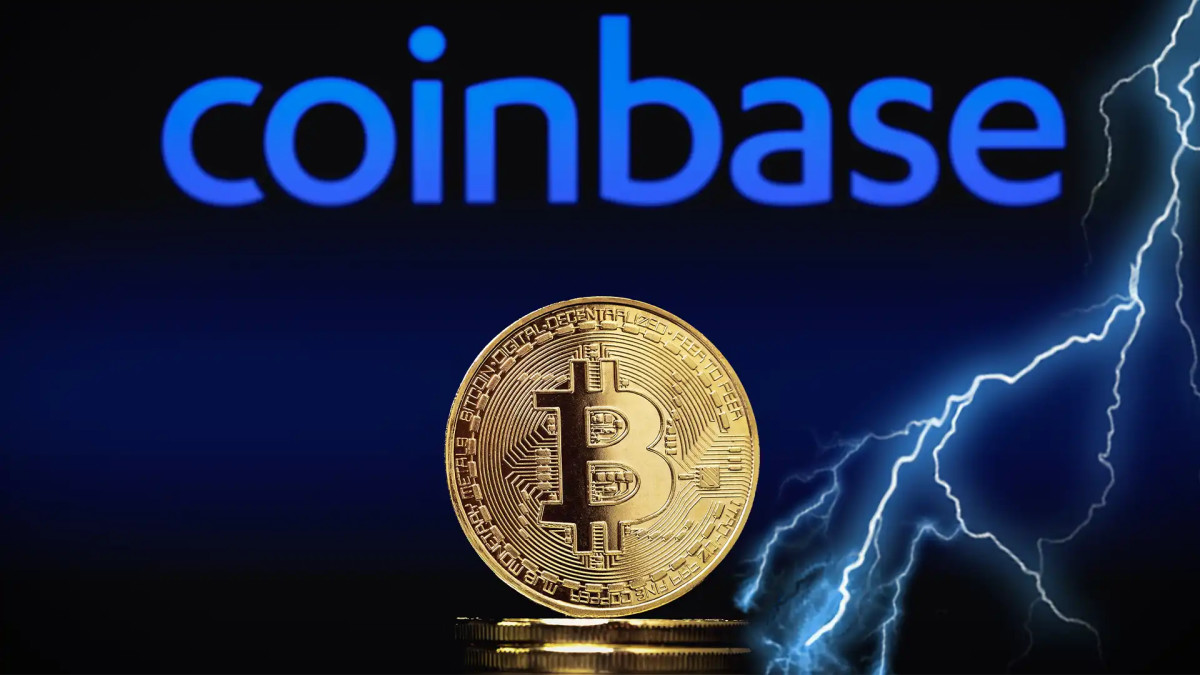
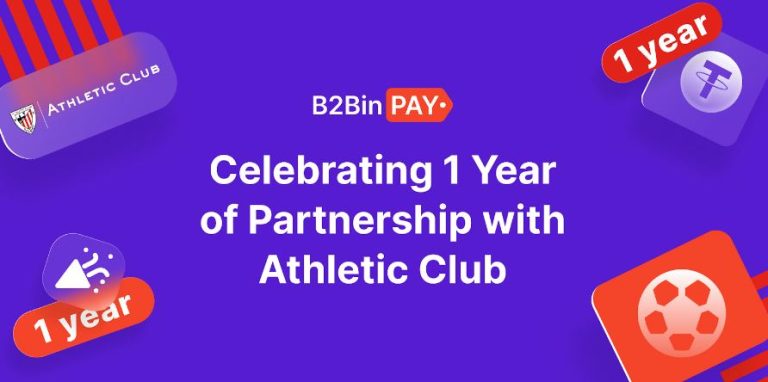

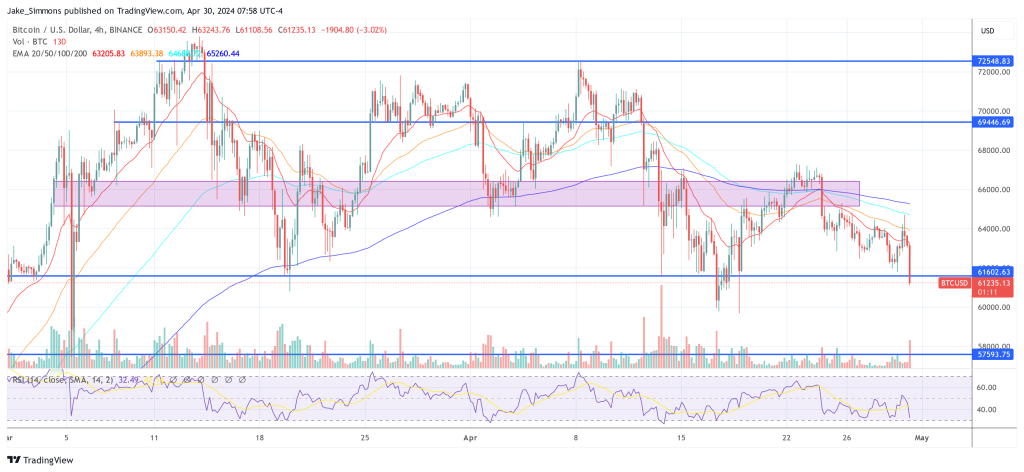

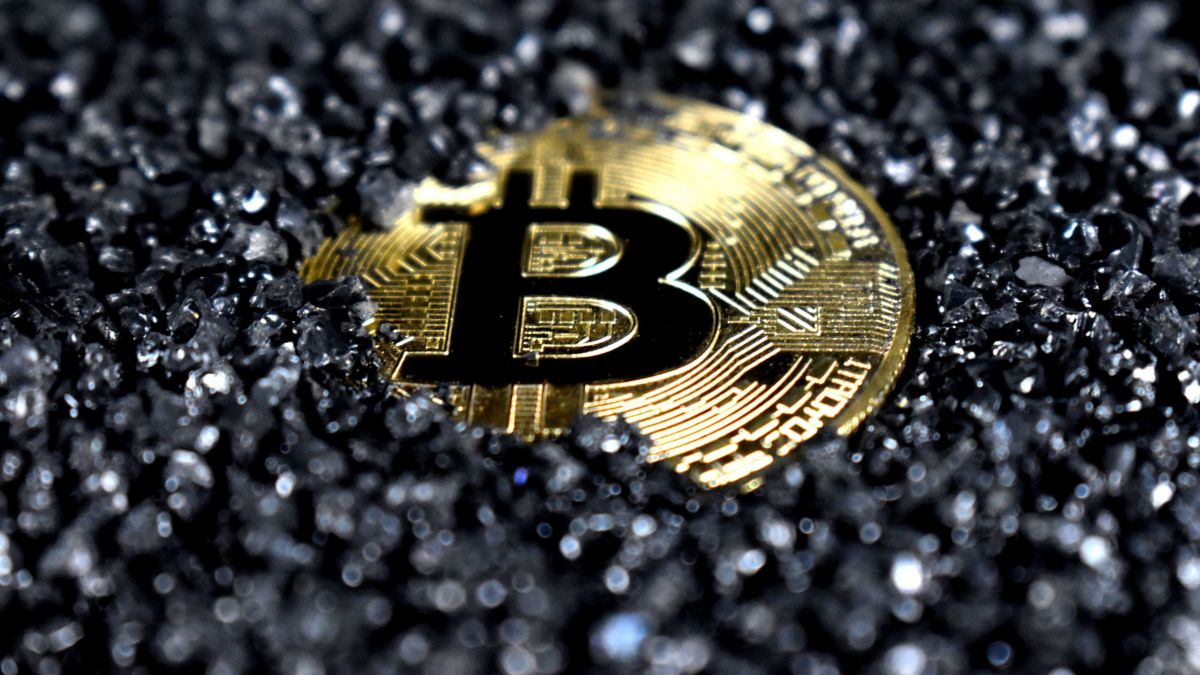
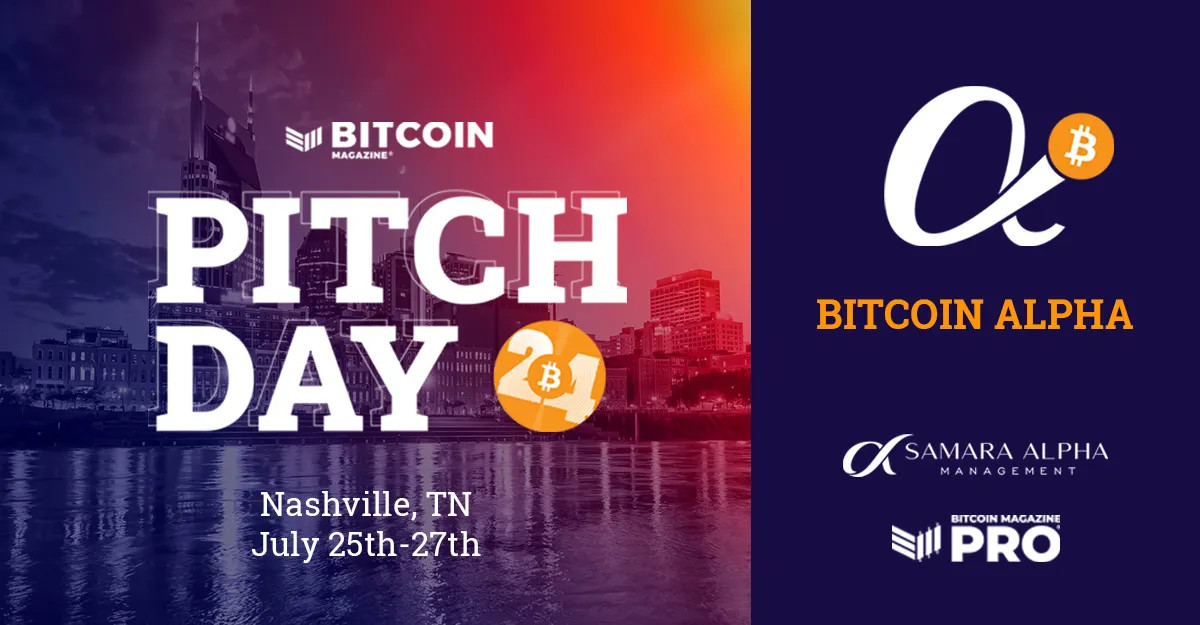



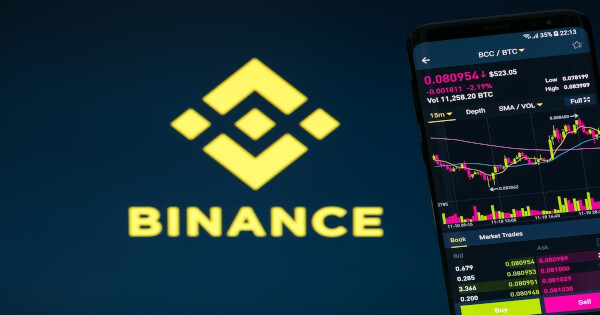

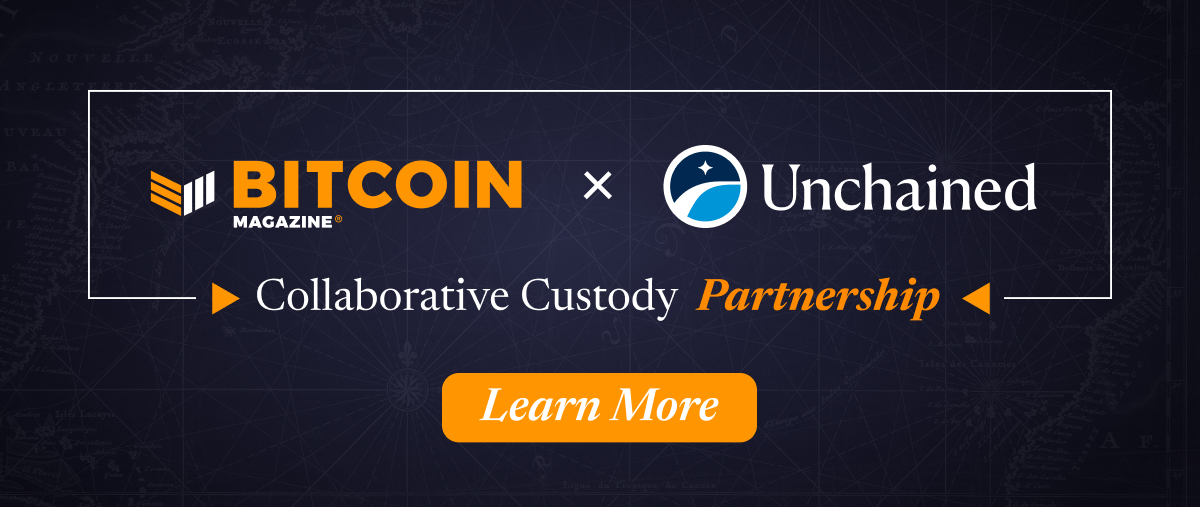
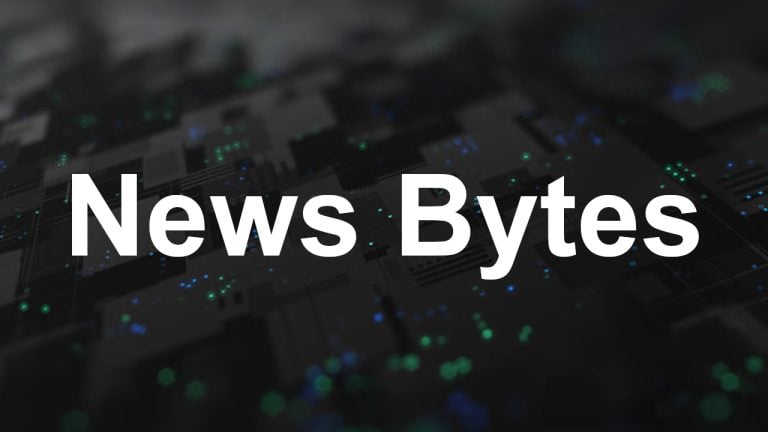

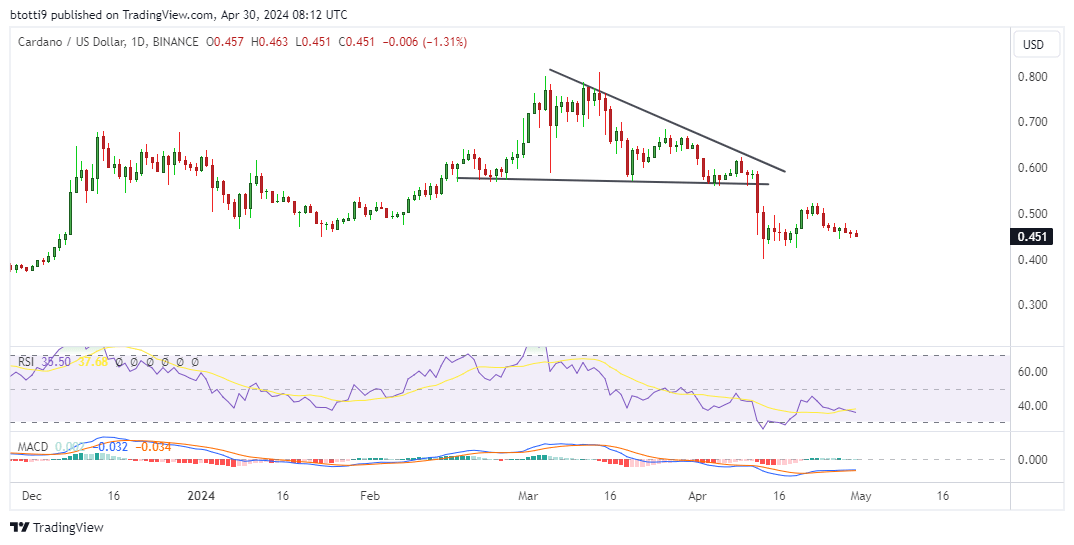

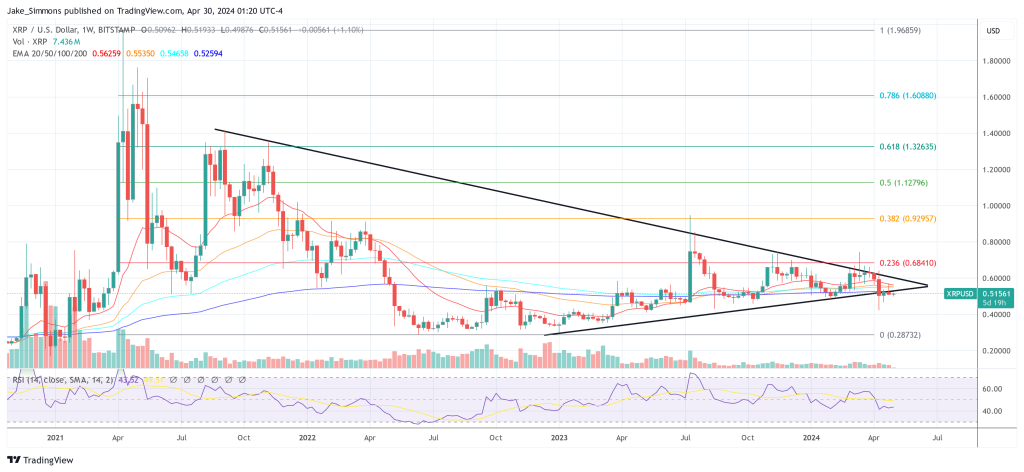
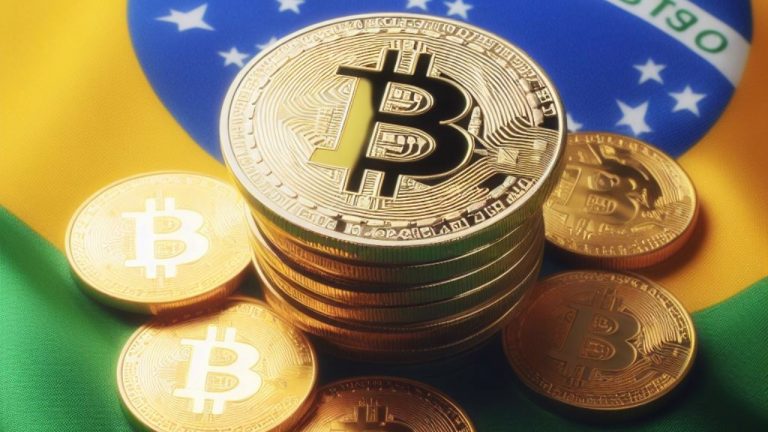
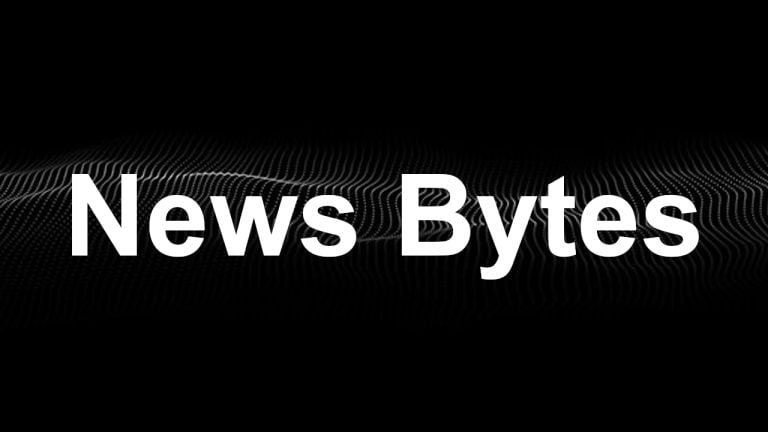
Comments